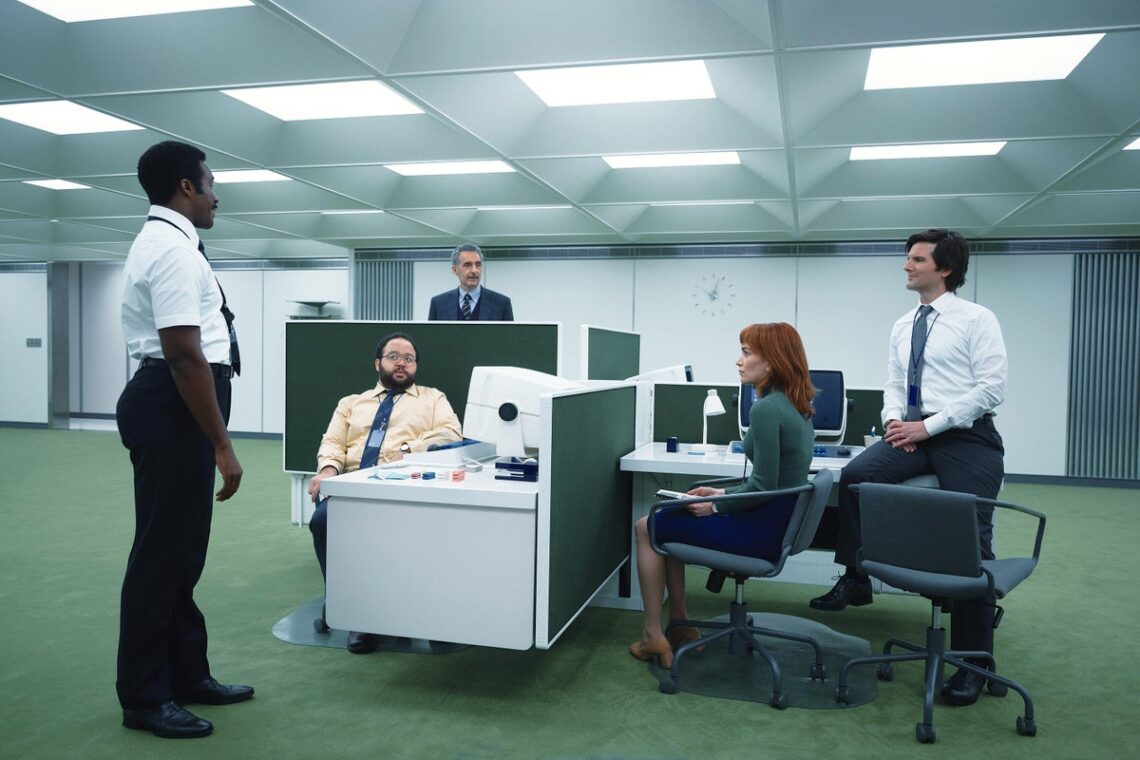Editor’s Note: This story contains spoilers for season two of the TV show Severance.
You arrive at work. You shed your belongings and step into a gunmetal gray elevator. The elevator descends, and then, in the blink of an eye, it comes back up. Your workday is over.
In the hit Apple TV+ show Severance, this is the experience of employees of the villainous megacorporation Lumon Industries. These characters have been “severed” by having a chip implanted in their brain, which leaves their outside self, or “outie,” unable to remember anything about their work self, or “innie,” who is in turn completely unaware of their life outside the office.
On supporting science journalism
If you’re enjoying this article, consider supporting our award-winning journalism by subscribing. By purchasing a subscription you are helping to ensure the future of impactful stories about the discoveries and ideas shaping our world today.
While the outies’ existence may sound idyllic at first—imagine never having to be conscious of work—the show delves into the psychological toll experienced by the innies, whose entire lived experience has played out in the windowless bowels of the Lumon basement.
An innie’s life is a 9-to-5 job, on repeat, until their outie retires or dies. Every time they leave work, seemingly one moment later, they arrive again the next day. They have no memories of life outside of work, and their world is enclosed within the clinical white walls of their office corridors, with no windows, books or even sleep (napping is expressly forbidden).
So what would life really be like as an innie, and how would their mental health be affected by their constant toil? Scientific American spoke to Martha Newson, an associate professor of psychology at the University of Greenwich in England, about the psychological impacts this strange life would have on severed employees.
For one thing, never seeing the sun can have severe negative effects on mental health, according to…
Read the full article here





